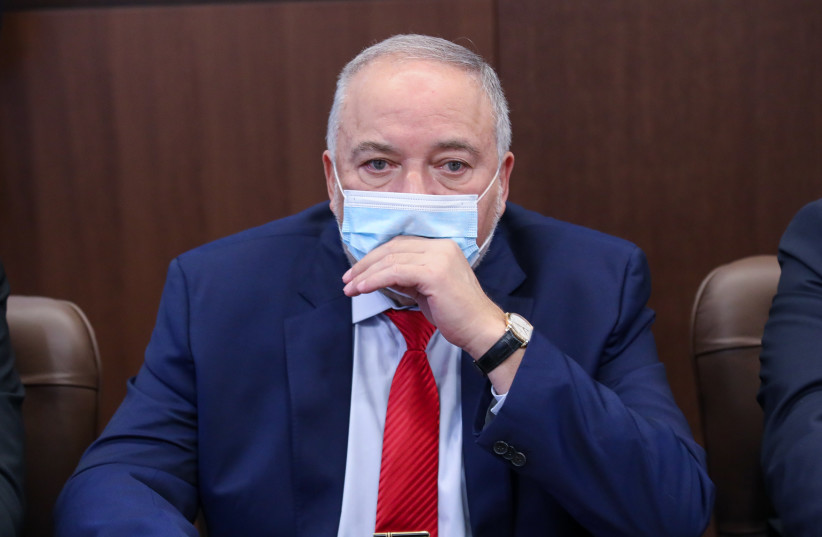The High Court of Justice strongly hinted on Wednesday that it may delay Finance Minister Avigdor Liberman’s crackdown on certain haredi subsidies until the next school year.
Issuing an interim conditional order, justices Uzi Vogelman, Ofer Grosskopf and Alex Stein told the state that it needs to explain within 14 days on what basis it had the authority to change the rules regarding subsidies for haredi childcare after the school year had already started.
According to Liberman’s decision, haredi families where the husbands/fathers study in a kollel-yeshiva context past a certain point, but are not part of the workforce, are not eligible for certain subsidies for childcare under age three.
In contrast, the policy change would still provide subsidies for Israelis with children studying for university degrees.
Multiple lawyers and haredi organizations had filed petitions against the policy shift as discriminatory against haredim.

A lawyer for the state attorney gave several arguments to support the decision made by both Liberman and Economy Minister Orna Barbivay.
She noted that the justices themselves had said that there is no formal right for any citizen to receive subsidies.
Next, she said that the policy change was formally announced in mid-August, more than a week before the standard school year start date of September 1 and only around 10 days after the earlier haredi school year and early childcare start date.
In other words, if the haredi school year had started earlier than the rest of the schools, it was still near the start of their year and not actually in the middle of the year, months later.
In addition, the state lawyer said that when the new government formed in mid-June, it was quite vocal from the start about its intent to change the subsidy policy, to try to encourage haredi men to join the workforce.
“Everyone knew this was a burning issue, and everyone knew there would be a change,” she said.
Further, the state attorney said that widely covered public debates were held about the policy shift in July.
All of this led the state to conclude that no haredi parents would have actually been surprised by the policy change, even if the early haredi school year started 10 days before the change went into effect.
Moreover, the state said that there is not enough state-overseen and subsidized childcare for children under three, and many parents of all backgrounds end up sending their younger children to other, more informal and non-state supervised contexts.
She said that a characteristic of state supervised childcare is an element of uncertainty about subsidies each year, and that no one is entitled to perpetual subsidies just because they received them the year before.
Striking back at these arguments, one lawyer for the haredi families, Yonatan Feldman, said that Liberman was engaging in “cultural discrimination” against haredim.
Feldman said that even if there was no entitlement to subsidies, once the state decided to give subsidies to anyone, it could not arbitrarily discriminate.
The justices responded that the state said its distinction of providing subsidies to university students as opposed to yeshiva students above a certain age was not discriminatory because there was proven data that university students were more likely to find jobs in the workforce and to earn more.
Further, the justices said it was problematic that yeshiva programs have not set the term of years to graduate and could go on endlessly, whereas university programs had a clear end point for study – and by extension for the childcare subsidies.
Feldman said that in that case the solution would be to ask the haredi yeshiva programs to give a set number of years in which yeshiva students could get subsidies, but that this was something that should be well planned at least a year in advance and not tossed out suddenly.
Another lawyer for haredim, Shmuel Machleb, made an emotional appeal to the justices, saying “20,000 normative families will face disaster” if the policy is implemented.
Moreover, he said the most likely real-world result would be that childcare would become too expensive, and many haredi women who had joined the workforce would quit their jobs to stay home and handle childcare duties.
The justices appeared inclined to endorse Liberman’s power to make the reform, but to require him to give the families more advance notice to plan.
Because of the great constitutional and societal importance of the issue, the High Court took the unusual measure of having the entire hearing televised. The justices have taken this measure around a dozen times over the last two years.
